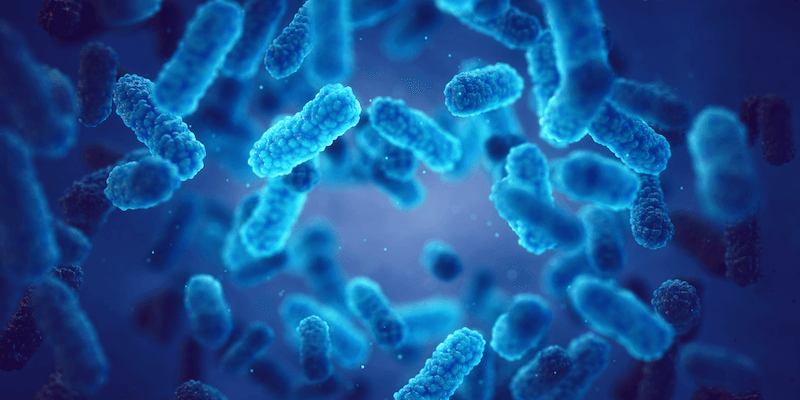
Pandemic Laboratory Preparedness (PLP) Program
SciLifeLab (Science for Life Laboratory) was commissioned by the Swedish govenment to prepare resources and capabilities that can be used to deal with future pandemics. The assignment broadly involved supporting research related to infectious diseases (e.g. in diagnostics, analysis of infection, immunity, and the development of resistance to therapies in pathogens), and building competence and developing technologies related to pandemic research (e.g. in sequencing, genetic analysis, immunology, and big data).
The Pandemic Laboratory Preparedness (PLP) program was established as a result of the commission from the government in December 2020. The services, tools, and resources (termed ‘capabilities’) established through the PLP program are intended to complement those established elsewhere in society (e.g. authorities, municipalities and regions) when tackling future pandemics. As such, the PLP program will work closely with governmental agencies, e.g. Swedish Public Health Agency (FoHM).
The first call from the PLP program was released in February 2021. The first eight capabilities were selected for support in July 2021. The program now supports over 20 capabilities and technology development projects, with more expected in 2023. To see more about the PLP program and the capabilities resulting from it, see our pandemic preparedness resources page.

SciLifeLab & Wallenberg National Program for Data-Driven Life Science
Life science research is becoming increasingly data-driven. The amount and complexity of data is also growing exponentially. Data is the most valuable product of research, and it is therefore crucially important that we ensure it is managed appropriately throughout its lifecycle. To this end, SciLifeLab and The Knut and Alice Wallenberg Foundation have established the Data-Driven Life Science (DDLS) program in Sweden. The mission of the DDLS program is to recruit and train the next generation of life scientists, and to create strong data science capabilities for life science in Sweden that are internationally competitive. The DDLS program has been funded by The Knut and Alice Wallenberg foundation for 12 years. SciLifeLab, as a national infrastructure for life science, coordinates this program in close collaboration with ten Swedish universities and the Swedish Museum of Natural History. You can read more about the DDLS program here.

Science for Life Laboratory
SciLifeLab (Science for Life Laboratory) is an institution for the advancement of molecular biosciences in Sweden. We are funded as a national research infrastructure by the Swedish government. Our organisation leverages the unique strengths of individual researchers across Sweden into a focused resource for the life science community. Thousands of researchers rely on us to provide access to the cutting-edge instrumentation and deep scientific expertise needed to produce internationally competitive bioscience research. These technologies are supported and developed by our research community, which includes internationally recognised experts in life science and technology. Our facilities and expertise create a unique environment for carrying out health and environmental research at the highest level.
SciLifeLab began in 2010 as a joint effort between four Swedish universities (Karolinska Institutet, KTH Royal Institute of Technology, Stockholm University and Uppsala University). However, today we have expanded far beyond this, and support research activities at all major Swedish universities.

Scilifelab Data Centre
Life science research is increasingly becoming data-driven, rather than primarily technology-driven. SciLifeLab coordinates and supports activities throughout the data life cycle, from project planning and data production, right through to data publishing and reuse, where researchers are dependent on advanced data analysis and e-infrastructures.
At SciLifeLab, we see data as one of the most valuable and long-lasting products of our operations. We strive to ensure our data adheres to the principles of FAIR and Open Science. We also put considerable effort into maximising the long-term value of our data to the scientific community.